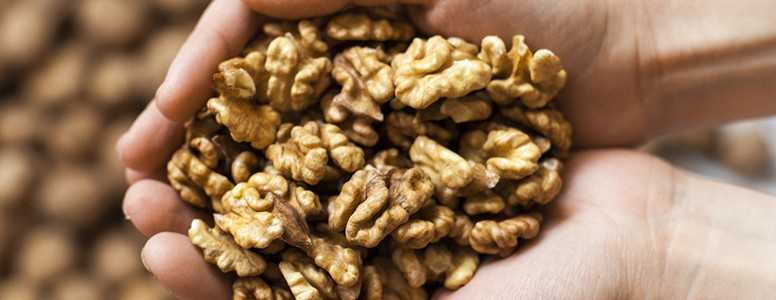People who are obese and have type 2 diabetes or prediabetes may be more prone to storing fat, according to a new study.
Obesity is linked to type 2 diabetes and other health conditions such as heart disease. In this new study, scientists claim their results shed light on a “phenomenon” behind processes involving the growth of fat cells.
It is thought the findings could help further research to identify a drug that may prevent abnormal fat cell expansion and excessive weight gain.
The team, led by a Virginia Tech nutrition scientist, discovered the formation and expansion of fat cells was associated with an increase in autophagy – which is the process of remodelling, breaking down, or recycling cells.
Zhiyong Cheng, an assistant professor of human Nutrition, foods, and exercise in the College of Agriculture and Life Sciences and a Fralin Life Science Institute affiliate, said: “Earlier evidence suggests that autophagy is enhanced in fat tissue in people who are obese and have type 2 diabetes. Our findings shed light on the mechanistic mystery of this phenomenon.”
Their findings identified a particular protein called FoxO1 which controls the autophagy process and also controls the growth of fat particles in fat cells from mice.
Professor Cheng said: “Because FoxO1 is activated by insulin resistance, obese and diabetic individuals may have an increase in the process of autophagy because this protein triggers it. When this happens, it promotes fat cell formation and expansion.”
The study, published in the Cell Cycle journal, was funded by grants from the USDA National Institute of Food and Agriculture Hatch Project and the National Institutes of Health.
Professor Cheng, who is an also affiliate of the Fralin Translational Obesity Research Center at Virginia Tech, added: “Abnormal fat tissue expansion might be a result of hyperactivity of the FoxO1 protein and of a nutrient surplus in obese diabetic people.”
Yun Chau Long, one of the study’s co-authors at the Yong Loo Lin School of Medicine at the National University of Singapore, Singapore, said: “Given that FoxO1 is also implicated in the pathogenesis of type 2 diabetes, targeting it may even be beneficial for obese individuals with diabetes.”
What's new on the forum? ⭐️
Get our free newsletters
Stay up to date with the latest news, research and breakthroughs.







